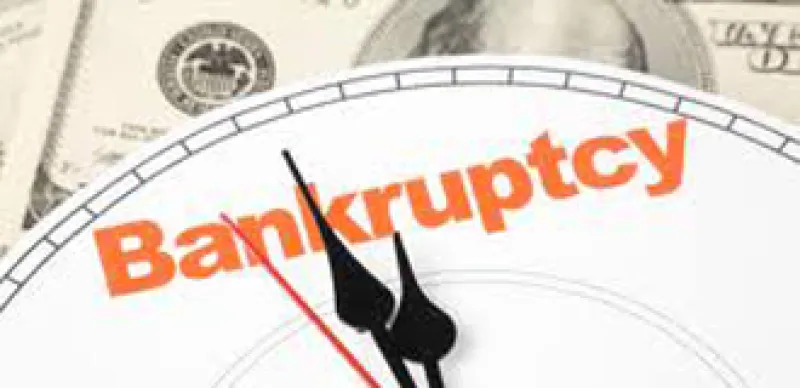
Reforms, Not Bankruptcy, Will Fix States’ Pension Problems
The Brooking Institution’s Douglas Elliott addresses the political controversy surrounding calls for state bankruptcy to solve their pension shortfalls.
Janice Fioravante
February 9, 2011


